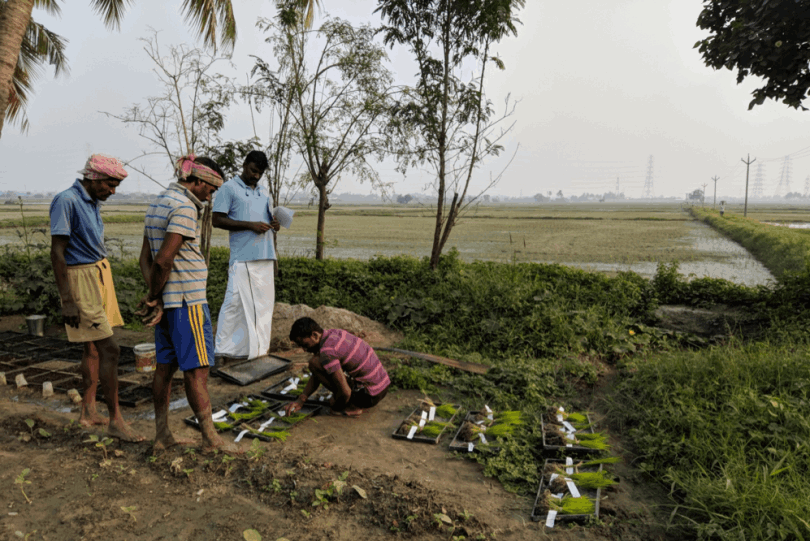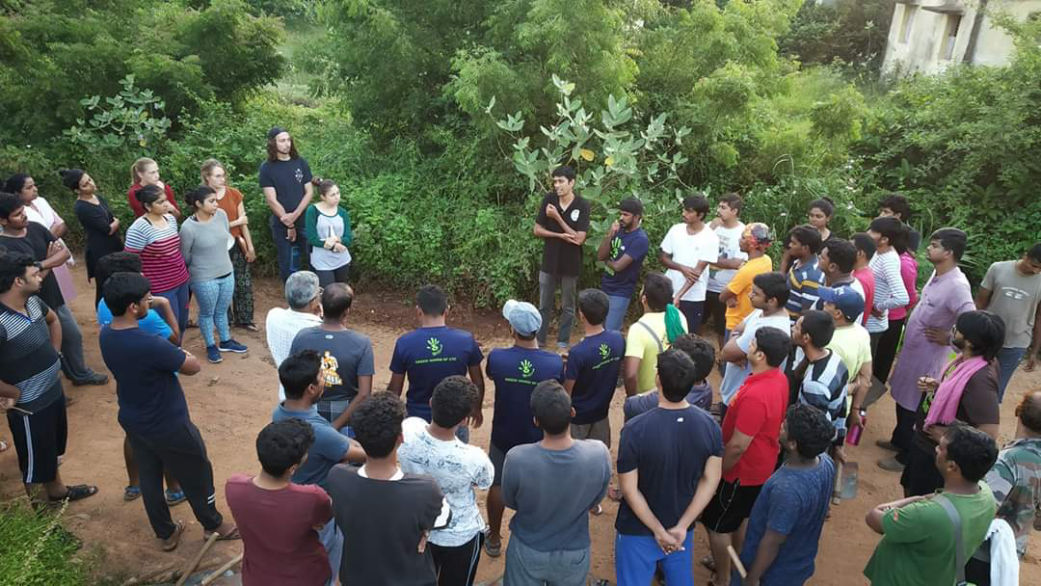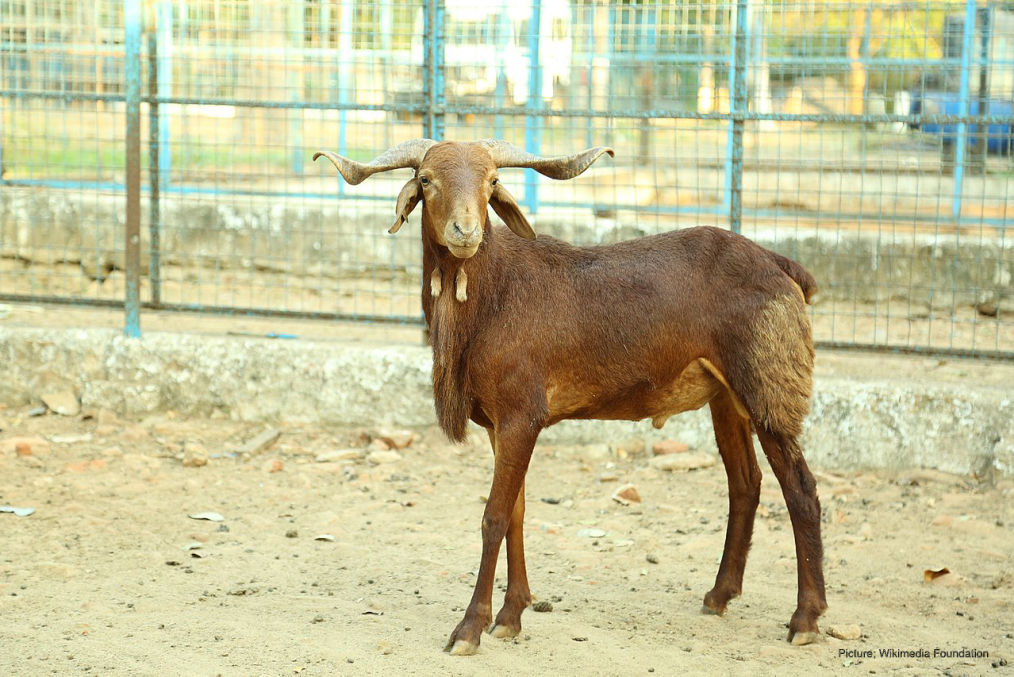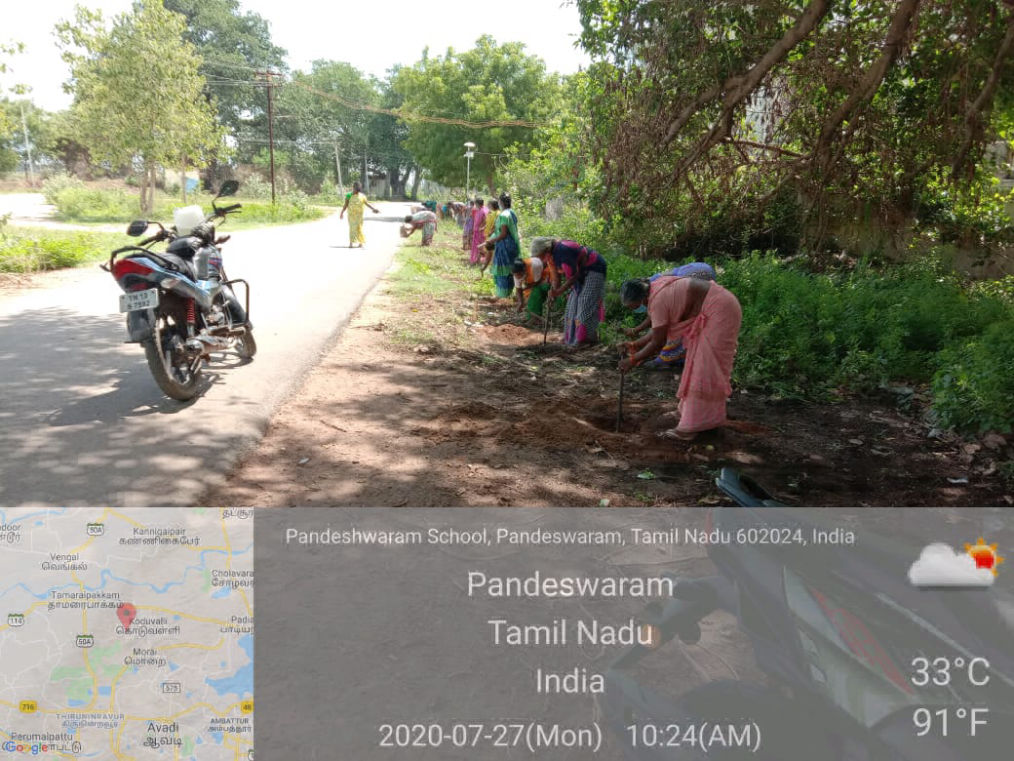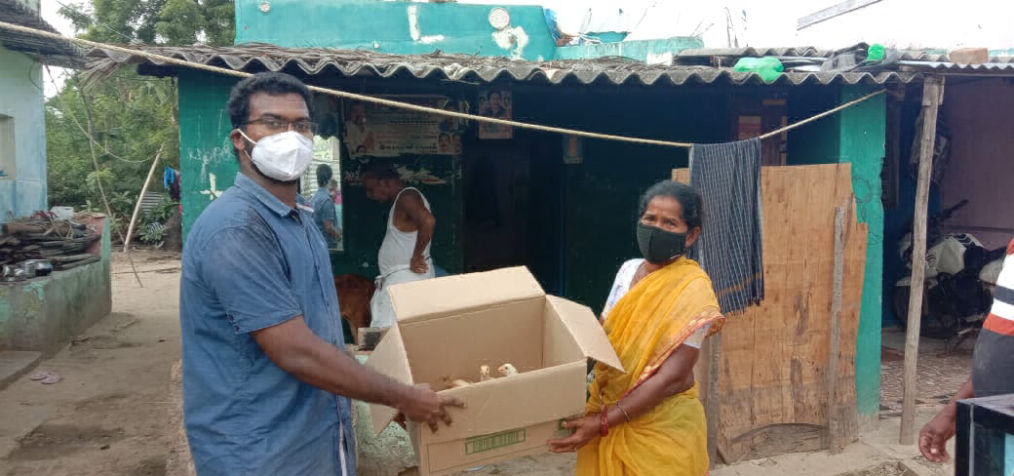The objective of this on-going project, started in August 2019, is to cultivate and conserve
more than 150 paddy landraces (indigenous rice varieties).
The so-called high yielding hybrid rice varieties introduced as a part of Green revolution gradually displaced native paddy varieties from our markets. The ever-increasing input (Fertilisers, herbicides and pesticides) cost for the hybrid rice cultivation made paddy cultivation very less remunerative. This impacted the farmer financially as well as poisoned the food served on our plate. The loss of crop diversity also resulted in loss of nutrients in our food intake. The scientific community is taking the destruction one step further by introducing fortification of rice using genetic engineering.
The only means to come out of this vicious cycle is to go back to our roots. To do so, we should be cultivating our paddy landraces that grow naturally without requiring synthetic off farm inputs and put them back in our markets. Availability of genetically pure seeds of those landraces plays a vital role here. A few farmers from Tamil Nadu were handpicked based on their credentials in paddy conservation and were provided with an opportunity to train with Dr. Debal Deb at his farm – Basudha located in Odisha. He is the founder of the rice seed banks Vrihi and Basudha. He was recently honoured with the Kirloskar Vasundhara Sanman for his contribution to the fields of ecology, agriculture and preservation of many traditional crop varieties Basudha is a small farm of just more than 1.5 acres near to a forest in the Bankura district of West Bengal. It was established by Dr. Debal Deb in the year 2002 to conserve Bengal’s vanishing rice varieties; encourage, demonstrate and support for organic farming and traditional methods of multiple cropping; and preserve and develop local knowledge of biodiversity and its uses. Today he conserves more than 1400 varieties of paddy land races from India and neighboring countries at Basudha meticulously studying and recording their genetic characters every season they are cultivated.
Currently, more than 150 of these paddy landraces are being cultivated, conserved and characterized in four different farms in Tamil Nadu.
